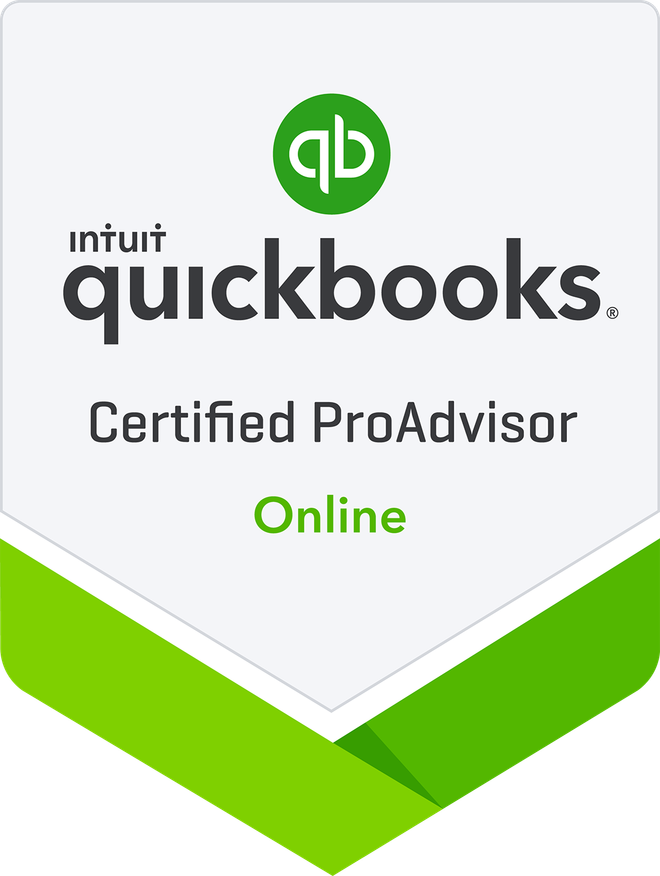How to fund your startup: the 6 different investment rounds
You have a great business idea and ambition to grow your startup further, but don’t know how to get funding? Raising capital is a challenging but crucial step for startup owners.
The financial decisions you make impact the structure and future of your business. If you want to learn about the different investment rounds that’ll help you fund your business as it matures, this article is for you!
What is an investment round and how does it work?
Every business goes through different stages, goals, and challenges. Whether you have just started a business or want to scale it up, you will likely need to raise more funds for your operations to grow and grow fast. It’s like fuel for your business!
Every time you go back to the market to attract investors – or you call them “sharks” – is called an “investment round”. Each round serves to get enough financing to reach the next milestone or stage in your business. It can take a year or as short as 4 months if you’re lucky… and if you’ve done your research right.
Before a round of financing takes place, you need to KNOW YOUR NUMBERS, build your financial projections and estimate your company’s value, when relevant, according to different factors such as management, market size, and risk.
This valuation along with the growth potential of your startup will allow you to determine which funding round to go for. You’ll need to find that sweet spot between a high and a low valuation for good negotiations. Too high of a valuation is never a good idea!
You’ll need a good working knowledge of each investment round (from Pre-Seed to IPO), how they work, the type of investors, and the round size that distinguishes each one of them.
Stay with me here.
1- Pre-seed round
Pre-seed funding is the earliest stage of startup financing.
It is often considered to be a less formal round of fundraising, but I personally think it’s the most exciting one because that’s when you get the first feedback on your venture. That’s when people validate your ideas and confirm that you’re not crazy!
At this stage, founders work with very little support, oftentimes by themselves, with little to no cash. This is what we call bootstrapping. It’s VERY hard but very rewarding when you make it. I can tell you all about it!
The most common investors in this round are angel investors, founders, friends, and family (FFF). You can typically raise between $50,000 and $500,000 in startup capital, YES!
The timespan of the pre-seed round varies depending on the nature of the startup and the initial costs needed to develop the business idea.
How do you decide your goals for the pre-seed round? Ask for enough to get your business off the ground and less than what would make you greedy.
Don’t forget the crowdfunding option.
2- Seed round
Seed funding is the official starting point for many startups who don’t need to go through the pre-seed round to raise enough capital to start growing the business.
The valuation for a company raising a seed round is predicted to range between $3 million and $6 million. The funds are mainly used to conduct more research, test the product-market fit, and finance product development and initial market entry.
In this round, seed investors can also be angel investors, family, friends, incubators, and/or venture capital firms (VCs). They can provide from $50,000 up to $2,000,000 in exchange for an equity stake in the company. This round can last for a few weeks only and can sustain your startup somewhere between 12 months and 18 months.
3- Series A round
It is important to know when to start this round! Going after series A too early can be risky. Your business should already have established a stable sales channel, a customer base, a market share, and some revenue figures.
Once you’re there, the Series A funding will fuel your growth and generate long-term profits. The businesses going through the Series A round are usually valued at around $22 million,
Starting from the Series A, rounds will typically be led by one investor who will take the business up a notch.
This investor is generally a VC, but can also be an angel investor although angels tend to lose some of their influence in this stage compared to the previous ones. If secured properly, this first investment might attract other investors such as private equity firms.
On the other hand, losing the first investor before this round closes will subsequently scare away the other investors – no pressure! Series A funding raises between $2 million and $15 million. This is not an exact science or rule. This stage typically lasts from 6 to 8 months.
4- Series B round
This is when you start playing with the big guys! If your company has found its product-market fit, is generating stable revenues, and is expanding its customer base, then you should maybe consider going for the Series B round.
This round will help your startup become a successful enterprise and get ready for the stock market. Companies that generally raise Series B financing are valued at more than $30 million.
The capital raised can be used to expand your user base and business team to match the growing demand. It can also be utilized to enter additional markets and develop new technologies.
Round B investors are usually the same investors as in series A who might increase their stake in the business. New investors can be mainly of VCs, hedge funds, private equity firms, and online equity crowdfunding investors. Investments range from $7 to $20 million but can also exceed that.
5- Series C and more
The Series C round is generally the last stage of venture capital financing. However, many enterprises choose to conduct more rounds such as series D, E, F, and G. After years of continuous growth, your company should now be doing well and looking to develop new products, expand to international markets, potentially acquire other businesses, and consider talent acquisitions or strategic buyouts.
At this point, your company is valued at over $100 million and is either preparing their exit strategy or their Initial Public Offering (IPO).
Your business can now work with the biggest VC firms and corporate level investors which will demand high results. More investors may join this stage including private equity firms, banks, and hedge funds as operations get less risky. Series C funding can exceed $50 million.
You might be the next Unicorn!
6- IPO stage
You’ve made it to IPO! You make your shares of your private company available to the public on the stock market to raise capital. It will allow your firm to reach a tremendous amount of potential funding and a new level of transparency. You’ll be listed next to google, twitter, apple… the corporate dream!
Most companies issue approximately 20 to 30% of its shares, although this varies depending on the company stage and its industry. Though you have to know, the IPO stage may further complicate your business’s operations as you will have to deal with not only professional investors but with anybody else who purchases your shares, that’s the public!
Investing in investor relations, corporate governance, and compliance with security laws will be necessary.
Final thoughts
Investment capital is becoming more and more accessible but more complicated to sustain. Don’t raise just to raise. It is important to have the vision and to see that vision in your numbers!
Have you seen Alicia Syrett’s advice to start-ups? “Don’t forget about your numbers. You must, must, must know your financials”. If you haven’t, head to our social media to watch a video of her presentation.
To make the right financial decisions and be confident in front of your investors, you need to establish accurate data and translate your business goals into financial projections to get the most appropriate valuation.
You also need the connections. No network, no business.
Connect with us if you need someone to have your back for your first rounds of funding. We can’t wait to see your startup become the next unicorn!
Salma Hatim
Founder of PROKONECT
Salma’s story began at the University of Houston where she obtained her BBA and Masters in Accountancy. She is a CPA, licensed in the State of Texas with years of experience in a Big Four accounting firm. Her passion for entrepreneurship, technology, and globalization led to the creation of PROKONECT, a tech-based accounting and financial strategy company for ambitious entrepreneurs.



PARTNERSHIPS
LINKS
CONTACT US

0 Comments